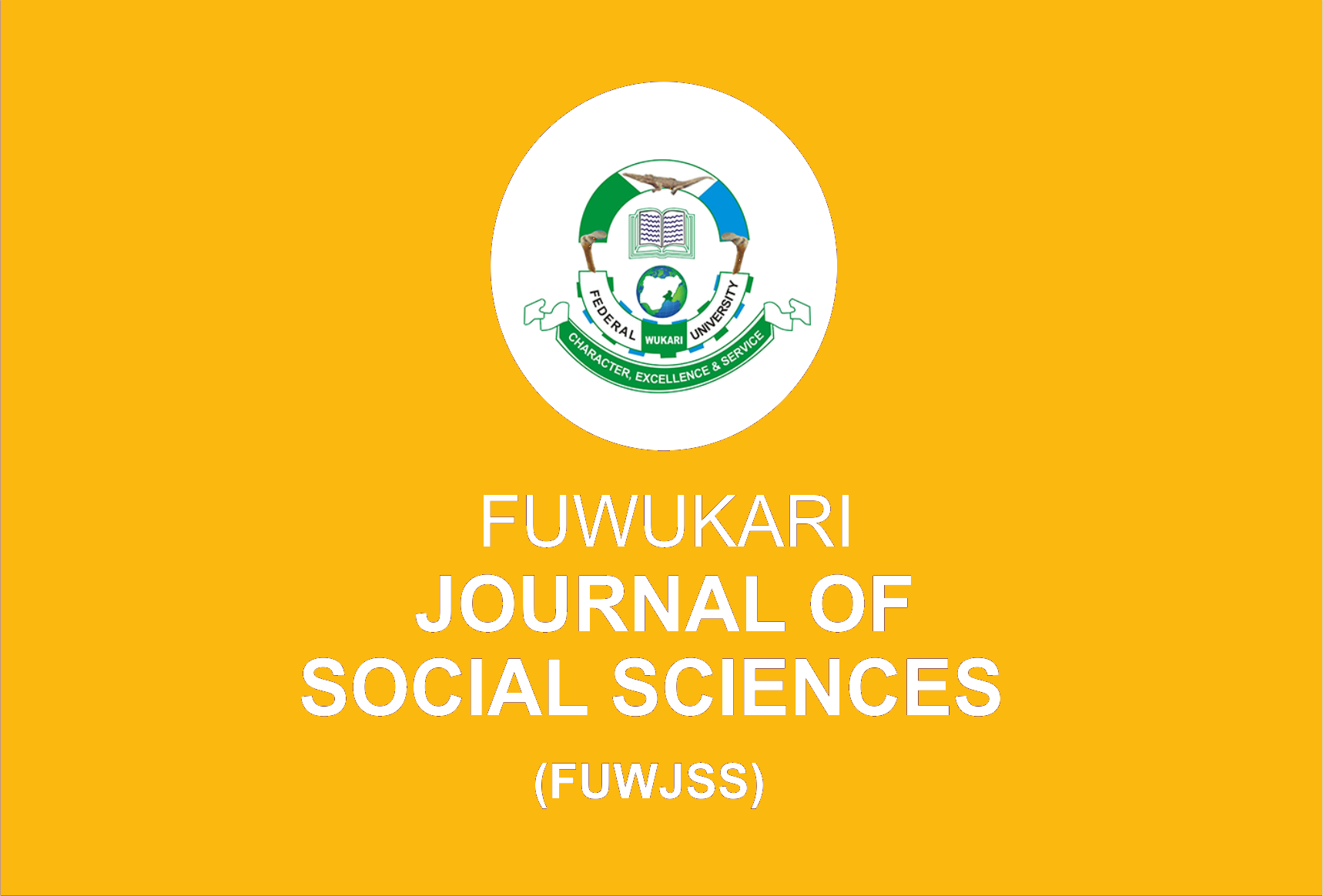Human Rights Violations And Democratic Consolidation In Nigeria
Tukura Tino Nashuka, Kwede Cornelius Ishaya
Keywords: Democracy, human rights, violations, arbitrary, detention, extra-judicial killing
Abstract
The problem of persistent violations of human rights in Nigeria has impeded the nation’s effort at democracy. Numerous cases of unlawful arrest, detention, torture, rape, extortion, and extrajudicial killings by the Nigerian security forces, have eroded public trust in the government’s commitment to human rights protection, spread social injustice, weaken the rule of law, create an atmosphere conducive to authoritarianism, and decrease citizen participation in democratic processes. The multitude of electoral violence, voter intimidation, and harassment have raised concerns about the integrity of Nigeria’s democratic processes. Various reports of political thugs disrupting elections, attacking opposition supporters, and the suppression of freedom of expression which hinders the free flow of information have battered public confidence in Nigeria’s electoral system. This paper explores the connection between violations of human rights and democratic consolidation in Nigeria. Methodologically, the paper employs structural violence theory as its framework of analysis and depended on the documentary method of data collection by utilizing secondary sources. Data generated for the paper were analyzed through content analysis. It was found in this study that human rights violations in Nigeria create an environment of fear and intimidation, which make it difficult for people to participate in political processes, such as voting or protesting against the anti-democratic policy of the government. The paper recommended among other things, the protection and promotion of human rights in Nigeria to nurture an environment favorable for democratic consolidation, where citizens’ rights and freedoms are appreciated, and democratic values are sustained.
Author Biography
Tukura Tino Nashuka, Kwede Cornelius Ishaya
Department of Political Science, Federal University Wukari, Taraba State, Nigeria

